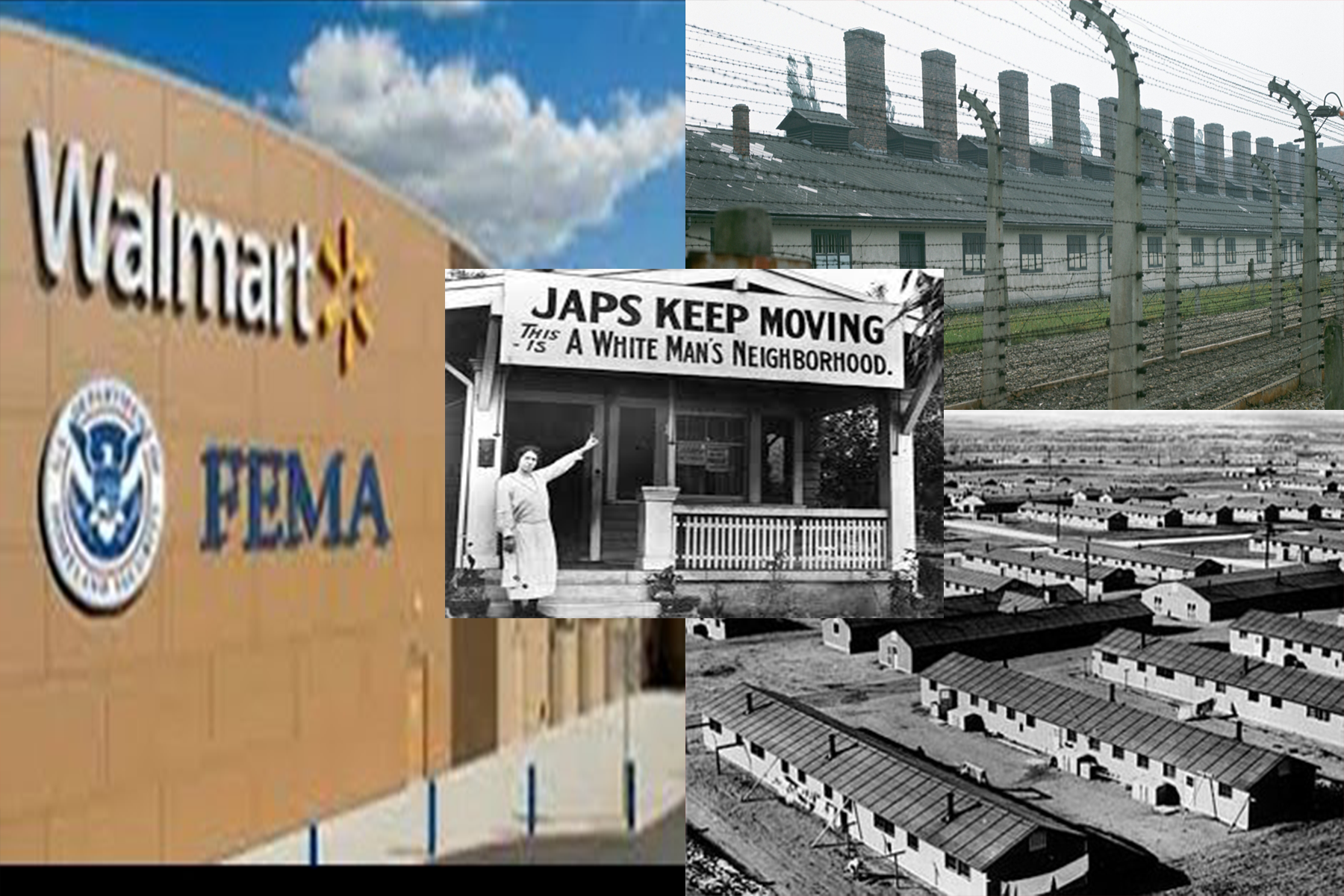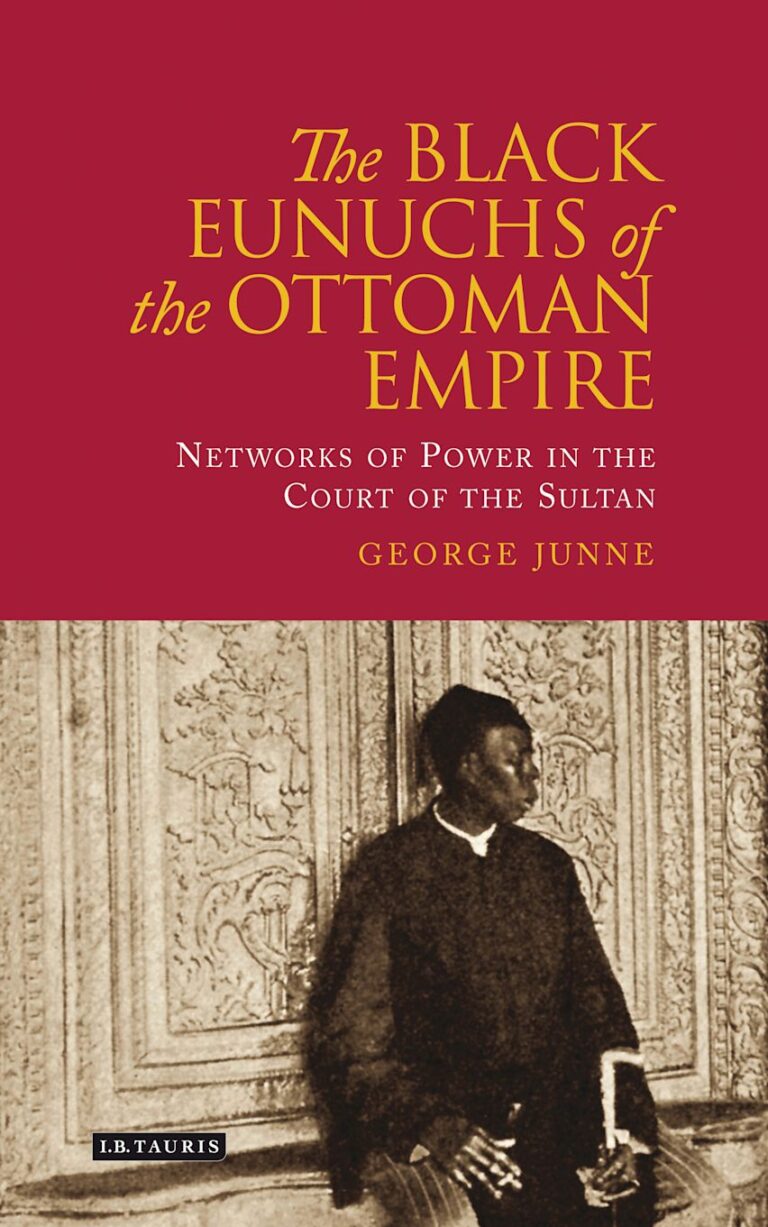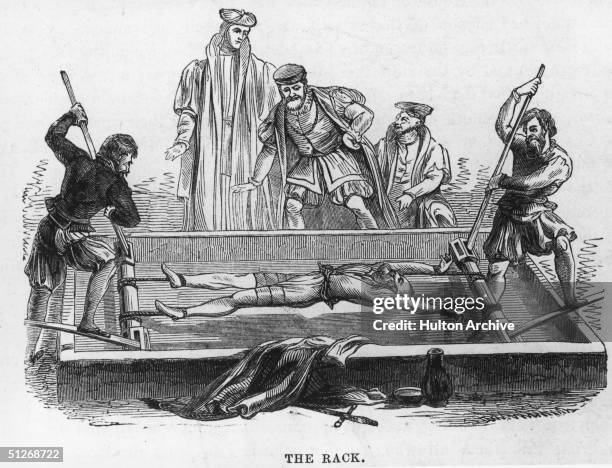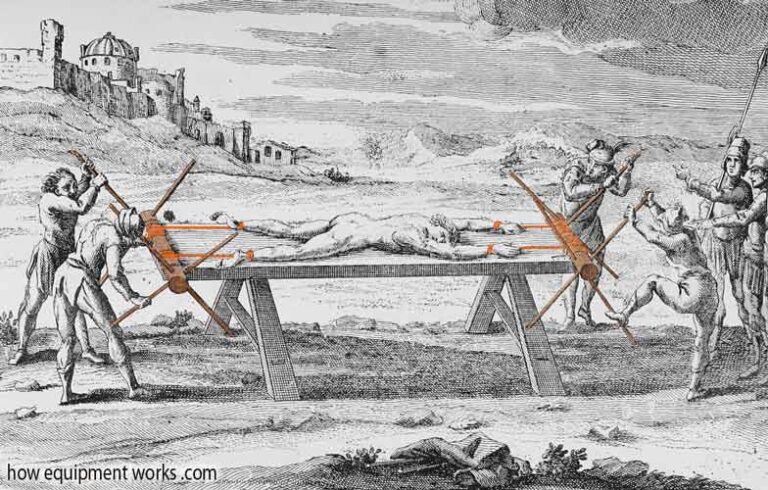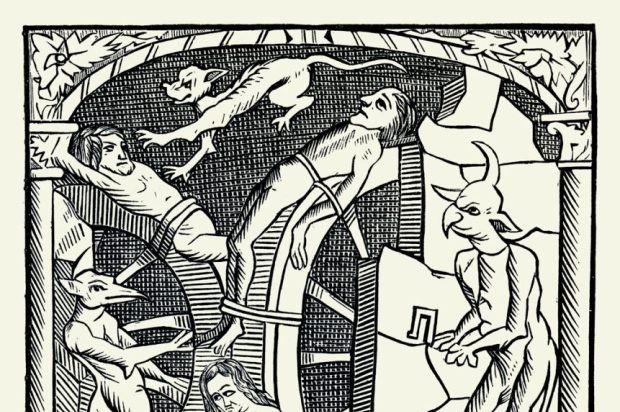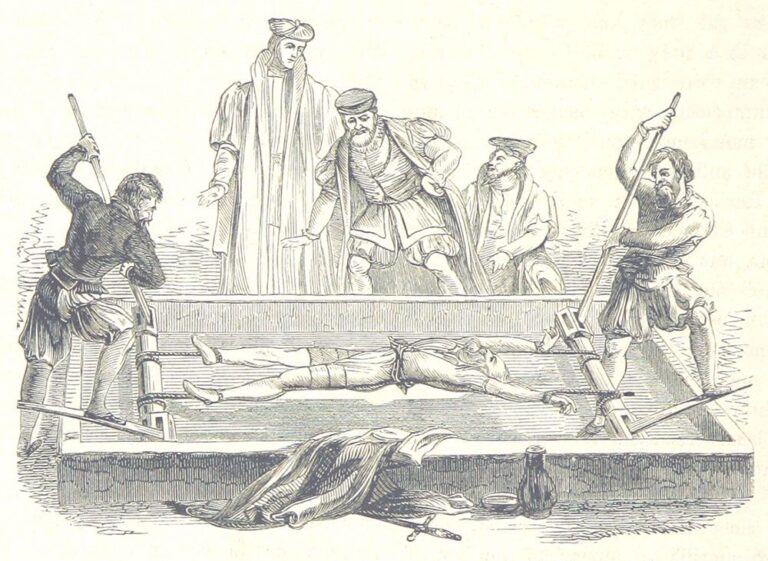FEMA Camps, Concentration Camps, Internment Camps Same Difference
 With all the recent natural disasters hurricanes, wild fires and flooding hitting the United States and its territories as well as the threat of an impending war there has been a lot of activity and response by the Federal Emergency Management Agency Or FEMA.
The Federal Emergency Management Agency (FEMA) is an arm of the United States Department of Homeland Security who’s primary purpose is to “coordinate the response to a disaster that has occurred in the United States and that overwhelms the resources of local and state authorities”. FEMA also provides state and local governments with experts in specialized fields and funding for rebuilding efforts and relief funds for infrastructure by directing individuals to access low interest loans, in conjunction with the Small Business Administration. In addition to this, FEMA provides funds for training of response personnel throughout the United States and its territories as part of the agency’s preparedness effort.
Following the September 11, 2001, attacks, Congress passed the Homeland Security Act of 2002, which created the Department of Homeland Security (DHS) to better coordinate among the different federal agencies that deal with law enforcement, disaster preparedness and recovery, border protection and civil defense. FEMA was absorbed into DHS effective March 1, 2003.
President George W. Bush appointed Michael D. Brown as FEMA’s director in January 2003. Brown warned in September 2003 that FEMA’s absorption into the Department of Homeland Security would make a mockery of FEMA’s new motto, “A Nation Prepared”, and would “fundamentally sever FEMA from its core functions”, “shatter agency morale” and “break longstanding, effective and tested relationships with states and first responder stakeholders”. The inevitable result of the reorganization of 2003, warned Brown, would be “an ineffective and uncoordinated response” to a terrorist attack or a natural disaster.
With all the recent natural disasters hurricanes, wild fires and flooding hitting the United States and its territories as well as the threat of an impending war there has been a lot of activity and response by the Federal Emergency Management Agency Or FEMA.
The Federal Emergency Management Agency (FEMA) is an arm of the United States Department of Homeland Security who’s primary purpose is to “coordinate the response to a disaster that has occurred in the United States and that overwhelms the resources of local and state authorities”. FEMA also provides state and local governments with experts in specialized fields and funding for rebuilding efforts and relief funds for infrastructure by directing individuals to access low interest loans, in conjunction with the Small Business Administration. In addition to this, FEMA provides funds for training of response personnel throughout the United States and its territories as part of the agency’s preparedness effort.
Following the September 11, 2001, attacks, Congress passed the Homeland Security Act of 2002, which created the Department of Homeland Security (DHS) to better coordinate among the different federal agencies that deal with law enforcement, disaster preparedness and recovery, border protection and civil defense. FEMA was absorbed into DHS effective March 1, 2003.
President George W. Bush appointed Michael D. Brown as FEMA’s director in January 2003. Brown warned in September 2003 that FEMA’s absorption into the Department of Homeland Security would make a mockery of FEMA’s new motto, “A Nation Prepared”, and would “fundamentally sever FEMA from its core functions”, “shatter agency morale” and “break longstanding, effective and tested relationships with states and first responder stakeholders”. The inevitable result of the reorganization of 2003, warned Brown, would be “an ineffective and uncoordinated response” to a terrorist attack or a natural disaster. FEMA

3:32

3:30

1:52

1:34:49
Well those warnings proved to be more than true when Hurricane Katrina hit the United States. Federal funding to affected states for “all hazards” disaster preparedness needs was not awarded unless the local agencies made the purposes for the funding a “just terrorism” function. Emergency management professionals testified that funds for preparedness for natural hazards was given LESS priority than preparations for counter terrorism measures. Testimony also expressed the opinion that the mission to mitigate vulnerability and prepare for natural hazard disasters before they occurred had been separated from disaster preparedness functions, making the nation more vulnerable to known hazards, like hurricanes. So basically after merging the Federal Emergency Management Agency into the Department of Homeland Security; FEMA became more about “counter terrorism” and “disaster management” than about natural disaster management with them defining what a “disaster” is.
As a part of its disaster planning efforts in the 1980’s FEMA began developing what they called “Crisis Relocation Planng”. In conjunction with the FBI they began to scout the nation’s commercial buildings for possible refugee resettlement. In Arkansas, agents lined up a meeting with Walmart executives to discuss using the company’s huge stores, explaining as a cover that they wanted to learn crisis management techniques from companies that had large centralized leadership.
FBI agents presented cooperating business owners with secret agreements to “rent” their facilities for nuclear war. Lengthy addendums to the contracts outlined required utility and infrastructure upgrades needed to support crisis operations, the costs of which were fully paid by the government, as were separate telephone lines installed at each facility. The government also paid a token annual fee on the order of $1,000 or $2,500 to ease cooperation. During an emergency, the FBI would also pay a daily fee for each day it occupied the facility. Nowhere was any government agency other than the FBI mentioned—FEMA kept its fingerprints far from the program.
The American Camp Association which is “a community of camp professionals who, for over 100 years, have joined together to share our knowledge and experience and to ensure the quality of camp programs. Because of our diverse 11,000 plus membership and our exceptional programs, children and adults have the opportunity to learn powerful lessons in community, character-building, skill development, and healthy living — lessons that can be learned nowhere else” has posted this notice on their website:
 Under the Crisis Relocation Plan, nearly half the American population would be evacuated out of 400 “high-risk” cities into smaller surrounding towns and these preselected buildings; under FEMA’s estimates, some 65 percent of that population could be evacuated in as little as one day and fully 95 percent could be evacuated in three days. Such strategic warning, FEMA estimated, would be achievable under most circumstances, since it was “more likely that [a nuclear attack] would follow a period of intense international tension.”
Under the Crisis Relocation Plan, nearly half the American population would be evacuated out of 400 “high-risk” cities into smaller surrounding towns and these preselected buildings; under FEMA’s estimates, some 65 percent of that population could be evacuated in as little as one day and fully 95 percent could be evacuated in three days. Such strategic warning, FEMA estimated, would be achievable under most circumstances, since it was “more likely that [a nuclear attack] would follow a period of intense international tension.”
Lets’s rewind back to World War II where Japanese Americans in the United States were forced to relocate and were incarcerated in camps in the western interior of the country. President Roosevelt authorized the deportation and incarceration with Executive Order 9066, issued on February 19, 1942, which allowed regional military commanders to designate “military areas” from which “any or all persons may be excluded”. This authority was used to declare that all people of Japanese ancestry were excluded from the West Coast, including all of California and parts of Oregon, Washington, and Arizona, except for those in government camps.
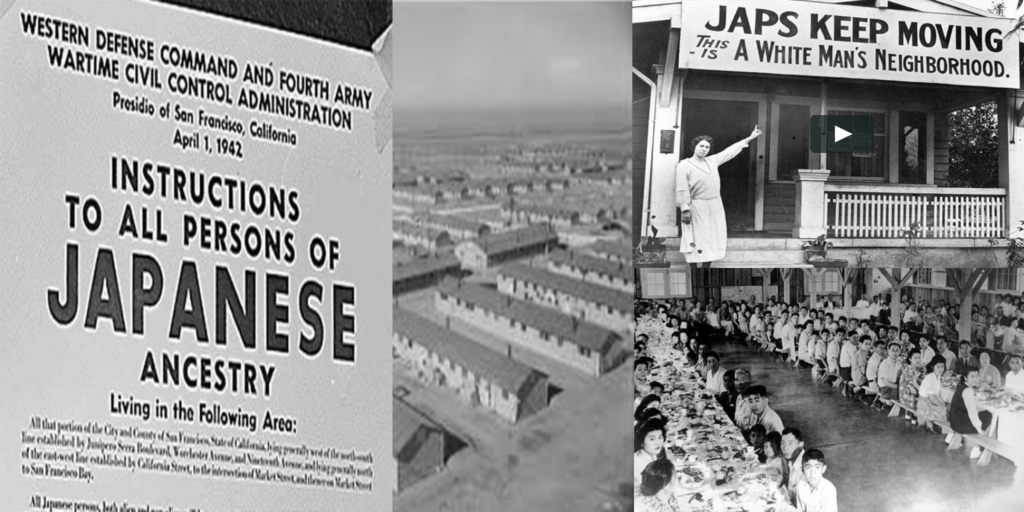
The internment of Japanese Americans in the United States during World War II was the forced relocation and incarceration in camps in the western interior of the country of between 110,000 and 120,000 people of Japanese ancestry, most of whom lived on the Pacific coast.
Several concerns over the loyalty of ethnic Japanese seemed to stem from racial prejudice rather than any evidence of malfeasance. Major Karl Bendetsen and Lieutenant General John L. DeWitt, head of the Western Command, each questioned Japanese-American loyalty. DeWitt, who administered the internment program, repeatedly told newspapers that “A Jap’s a Jap” and testified to Congress, “I don’t want any of them [persons of Japanese ancestry] here. They are a dangerous element. There is no way to determine their loyalty… It makes no difference whether he is an American citizen, he is still a Japanese. American citizenship does not necessarily determine loyalty… But we must worry about the Japanese all the time until he is wiped off the map”. Those who were as little as 1/16 Japanese could be placed in internment camps. There is evidence supporting the argument that the measures were racially motivated, rather than a military necessity. Bendetsen, promoted to colonel, said in 1942 “I am determined that if they have one drop of Japanese blood in them, they must go to camp.”
Throughout many camps, twenty-five people were forced to live in space built to contain four, leaving no room for privacy. Armed guards were posted at the camps, which were all in remote, desolate areas far from population centers. Internees were typically allowed to stay with their families, and were treated decently unless they violated the rules. There are documented instances of guards shooting internees who reportedly attempted to walk outside the fences.
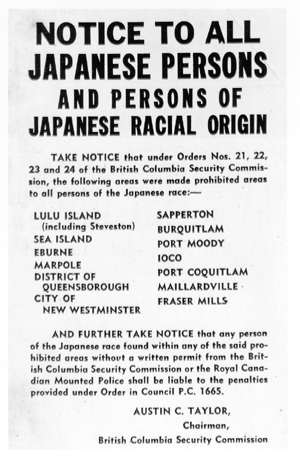 In early 1943, War Relocation Authority officials, working with the War Department and the Office of Naval Intelligence circulated a questionnaire in an attempt to determine the loyalty of incarcerated Nisei men they hoped to recruit into military service.
In early 1943, War Relocation Authority officials, working with the War Department and the Office of Naval Intelligence circulated a questionnaire in an attempt to determine the loyalty of incarcerated Nisei men they hoped to recruit into military service.
The final two questions on the form, which soon came to be known as the “loyalty questionnaire,” were more direct:
Question 27: Are you willing to serve in the armed forces of the United States on combat duty, wherever ordered?
Question 28: Will you swear unqualified allegiances to the United States of America and faithfully defend the United States from any and all attack by foreign or domestic forces, and forswear any form of allegiance or obedience to the Japanese emperor, or other foreign government, power or organization?
Across the camps, persons who answered No to both questions became known as “No Nos.” On July 15, 1943, Tule Lake, the site with the highest number of “no” responses to the questionnaire, was designated to house inmates whose answers suggested they were “disloyal”.[129] During the remainder of 1943 and into early 1944, more than 12,000 men, women and children were transferred from other camps to the maximum-security Tule Lake Segregation Center.
On December 18, 1944, the Supreme Court handed down two decisions on the legality of the incarceration under Executive Order 9066. These rulings stated that, in general, the removal of Japanese Americans from the West Coast was constitutional. However, Ex parte Endo unanimously declared that loyal citizens of the United States, regardless of cultural descent, could not be detained without cause. In effect, the two rulings held that, while the eviction of U.S. citizens in the name of military necessity was legal, the subsequent incarceration was not—thus paving the way for their release.
In 1988, U.S. President Ronald Reagan signed the Civil Liberties Act of 1988. It provided financial redress of $20,000 for each surviving detainee, totaling $1.2 billion. The question of to whom reparations should be given, how much, and even whether monetary reparations were appropriate were subjects of sometimes contentious debate within the Japanese American community and Congress.
On September 27, 1992, the Civil Liberties Act Amendments of 1992, appropriating an additional $400 million to ensure all remaining internees received their $20,000 redress payments, was signed into law by President George H. W. Bush. He issued another formal apology from the U.S. government on December 7, 1991, on the 50th-Anniversary of the Pearl Harbor attack, saying:
“In remembering, it is important to come to grips with the past. No nation can fully understand itself or find its place in the world if it does not look with clear eyes at all the glories and disgraces of its past. We in the United States acknowledge such an injustice in our history. The internment of Americans of Japanese ancestry was a great injustice, and it will never be repeated.”
Over 81,800 people were qualified by 1998 and $1.6 billion was distributed among them.
At the same time in the 1940’s Nazi Germany maintained concentration camps throughout the territories it controlled before and during the Second World War. The first Nazi camps were erected in Germany in March 1933 immediately after Hitler became Chancellor and his Nazi Party was given control of the police by Reich Interior Minister Wilhelm Frick and Prussian Acting Interior Minister Hermann Göring. Used to hold and torture political opponents and union organizers, the camps initially held around 45,000 prisoners. After September 1939, with the beginning of the Second World War, concentration camps became places where millions of ordinary people were enslaved as part of the war effort, often starved, tortured and killed. During the war, new Nazi concentration camps for “undesirables” spread throughout the continent.
Use of the word “concentration” came from the idea of confining people in one place because they belong to a group that is considered undesirable in some way. The term itself originated in 1897 when the “reconcentration camps” were set up in Cuba. In the past, the U.S. government had used concentration camps against Native Americans and the British had also used them during the Second Boer War. Between 1904 and 1908, the Schutztruppe of the Imperial German Army operated concentration camps in German South-West Africa (now Namibia) as part of its genocide of the Herero and Namaqua peoples.
Many of the prisoners died in the concentration camps due to deliberate maltreatment, disease, starvation, and overwork, or they were executed as unfit for labor. Prisoners were transported in inhumane conditions by rail freight cars, in which many died before reaching their final destination. The prisoners were confined in the boxcars for days or even weeks, with little or no food or water. Many died of dehydration in the intense heat of summer or froze to death in winter. Concentration camps also existed in Germany itself, and while they were not specifically designed for systematic extermination, many of their inmates perished because of harsh conditions or they were executed.The camps were liberated by the Allied forces between 1944 and 1945. Currently, there are memorials to the victims of both Nazi and communist camps at Potulice as well as across the world, they have helped to enable a German-Polish discussion on historical perceptions of World War II.
Don’t End Up in FEMA
With all the different things going on in the United States to cause racial division and civil unrest including political dissension reaching the NFL and the entertainment arena, we have to be wise and pay attention to the words, games and issues that they will use to cause division within our communities and among our peoples. Once they feel they have a clear justified reason: with the stroke of a pen by means of executive order you will end up in a Federally Managed Cams where they will detain you and do whatever they feel necessary regardless of what rights you think you have. Any violations of your “human rights” will be figured out 50 years later in a federal court.

